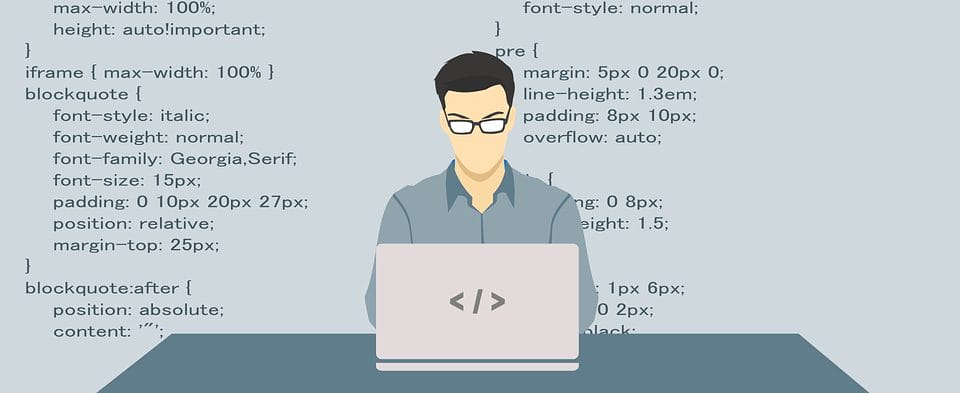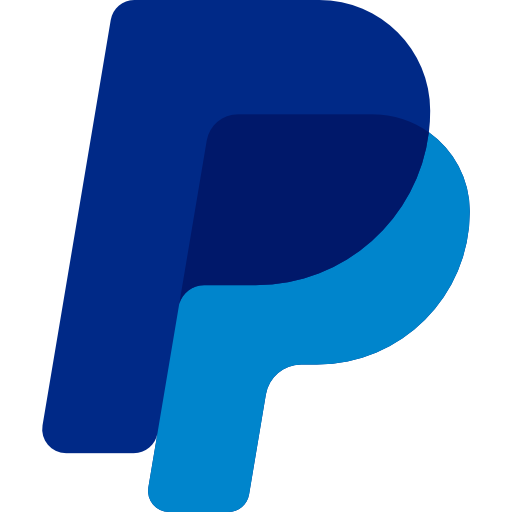
Table of Contents
Choosing the Best Programming Language for SEO: ASP, PHP, or Python?
In the world of digital marketing, Search Engine Optimization (SEO) is essential for driving traffic and increasing visibility. As you plan your website or application, one question that often arises is: which programming language is best for SEO? In this blog, we’ll compare three popular languages—ASP, PHP, and Python—to help you make an informed decision.
Understanding SEO and Its Importance
Before diving into the comparison, it’s important to understand the fundamentals of SEO. SEO involves optimizing your website to rank higher on search engine results pages (SERPs). This includes on-page elements like content and meta tags, as well as technical aspects such as site speed, mobile responsiveness, and URL structure.
Key SEO Factors
- Page Load Speed: Faster pages rank better.
- Mobile Friendliness: A responsive design is crucial for SEO.
- Clean URL Structures: User-friendly and keyword-rich URLs can improve rankings.
- Accessibility: Search engines need to crawl your site easily.
Comparison of ASP, PHP, and Python for SEO
1. ASP (Active Server Pages)
Overview: ASP is a server-side web application framework developed by Microsoft. It’s often used for building dynamic web pages.
Pros:
- Integration with Microsoft Products: If you’re already using Microsoft technologies, ASP can integrate seamlessly with other Microsoft products.
- Performance: ASP can offer good performance, especially when optimized well.
Cons:
- Limited Hosting Options: ASP hosting can be more expensive and less flexible than PHP.
- Learning Curve: It may require more technical expertise compared to other languages, which can slow down development.
SEO Impact: While ASP can be optimized for SEO, its complexity and limited hosting options might hinder accessibility and speed, which are vital for good SEO.
2. PHP (Hypertext Preprocessor)
Overview: PHP is a widely-used open-source server-side scripting language, especially popular for web development.
Pros:
- Flexibility: PHP offers a lot of flexibility in coding and is compatible with various content management systems (CMS) like WordPress, Joomla, and Drupal, which are SEO-friendly.
- Large Community Support: With a vast community, finding resources and plugins for SEO optimization is easier.
- Cost-Effective Hosting: Many hosting providers support PHP, often at lower costs.
Cons:
- Performance Issues: If not optimized, PHP applications can suffer from performance issues, which can negatively impact SEO.
SEO Impact: PHP’s flexibility and strong community support make it an excellent choice for SEO-focused web development, especially when using popular CMS platforms.
3. Python
Overview: Python is a versatile, high-level programming language known for its readability and simplicity.
Pros:
- Rapid Development: Python’s syntax allows for quick development, making it easier to implement SEO best practices.
- Data Handling: Python excels at data analysis, which can help in tracking and optimizing SEO efforts.
- Frameworks: Frameworks like Django and Flask support SEO-friendly features out of the box.
Cons:
- Hosting Options: While improving, Python hosting options can be less abundant than PHP, particularly for shared hosting environments.
SEO Impact: Python’s capabilities for data analysis and its friendly frameworks make it a strong candidate for SEO-focused projects, especially in data-heavy applications.
Conclusion: Which Language is Best for SEO?
The choice between ASP, PHP, and Python ultimately depends on your specific needs and existing infrastructure:
- Choose ASP if you are deeply integrated into the Microsoft ecosystem and have the technical expertise to optimize your application effectively.
- Choose PHP if you want flexibility, a wide range of hosting options, and an easy integration with popular CMS platforms that support SEO.
- Choose Python if you prefer a clean syntax, rapid development, and advanced data handling capabilities to inform your SEO strategy.
Regardless of the language you choose, the key to effective SEO lies in implementing best practices, optimizing your site for speed and usability, and ensuring it’s easily crawlable by search engines. Each language has its strengths and weaknesses, but when used correctly, all can contribute to a successful SEO strategy.
If you have experiences or preferences in using these languages for SEO, feel free to share your thoughts in the comments!




